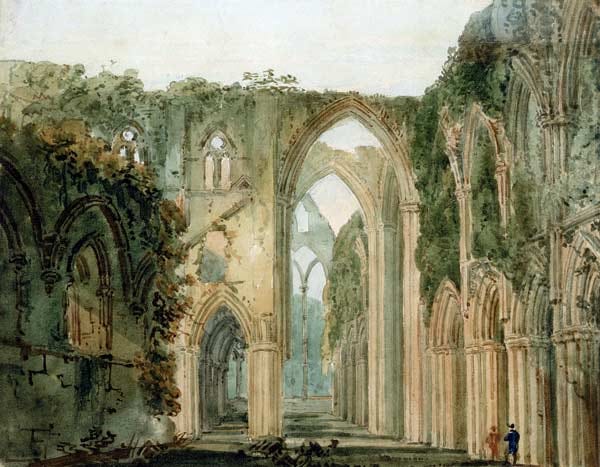This Wednesday is Ash Wednesday, the beginning of Lent—a season of fasting, prayer, and repentance that, like an old and well-worn road, leads us toward Easter. The older I get, the more I am convinced that Lent is no dusty relic of a forgotten age, but a practice of deep, practical wisdom. We moderns, who are so prone to distraction, so easily mastered by our own impulses, need it more than we know.
For 40 days—excluding Sundays—the Church has set aside this time to follow Christ into the wilderness. He fasted there before His ministry began, facing hunger, temptation, and the voice of the deceiver. And so, for centuries, Christians have done likewise. In the early Church, Lent was a time of preparation, a sacred proving ground for converts before their baptism on Easter morning. For the rest of the faithful, it was a season of reorientation—a time to shake off the excesses of the world, to discipline the body, and to sharpen the soul.
Fasting was at the heart of it. Not the kind we think of today—no mere giving up of sweets or skipping a meal—but a deliberate training of the will. In the ancient Church, fasting often meant taking only one simple meal a day after sundown, a restraint not of starvation, but of mastery. Because the Fathers knew something we have forgotten: A man who cannot say no to his stomach will struggle to say no to his sin.
This is why the old writers spoke of “the passions.” Today, we use the word as if it were a virtue—something to chase, something that makes life worth living. But for the early Christians, the passions were those knee-jerk impulses that, when left unchecked, turn men into little more than animals, ruled by their appetites rather than their reason. The Fathers often linked them to the belly—not merely because of gluttony, but because of that deep and restless hunger that gnaws at the soul as much as the body. Lust, wrath, greed, sloth—these are the chains that fasting helps to loosen.
But Lent is not only about hunger. It is also about remembrance. Ash Wednesday confronts us with a truth our modern world scrambles to forget: You are dust, and to dust you shall return. We do not like to think of death, but Lent does not allow us to push it aside. One day, we will stand before God. The passions that mastered us, the sins we excused—none of these will seem small when we meet the eyes of the King.
So this Lent, set something aside. Not because it is evil, but because, in giving up lesser things, we learn to let go of sin. It need not be food—though it certainly can be—but whatever commands your immediate and unthinking obedience. Social media, entertainment, empty distractions that dull the mind rather than sharpen it. Let your fast remind you that you are dust, that your time is short, and that your only hope is Christ.
Lent is not about self-improvement. It is a road into the wilderness. It is the taking up of a cross. It is the sharpening of the soul, the quieting of the passions, the setting of one’s face toward Jerusalem. And on Easter morning, when the grave is broken and the fast is ended, we will find that we have not been diminished by our hunger, but strengthened—made ready to feast at last in the joy of the risen King.
And this is where the rebuilding of the world begins—not with grand gestures or programs, but with the slow, deliberate reordering of the soul. A civilization that cannot say no to its appetites will never say yes to the good, the true, and the beautiful. The restoration of Christendom begins here, in the wilderness of Lent, where we learn the old and necessary lesson: that mastery of the self is the foundation of all higher things.
The early Church understood this well. The Didache, one of the oldest Christian writings outside of Scripture, exhorts believers to fast regularly, aligning themselves with the discipline of Christ. The monastic fathers—Benedict in the West, Basil in the East—built entire civilizations out of communities that learned to fast, pray, and labor in ordered harmony. It was men shaped by these disciplines who carried the embers of Christendom through the so-called Dark Ages, preserving wisdom, building cathedrals, and forging the laws and customs that would define the West.
The West was not built by men who indulged every craving, but by those who bent their desires toward higher loves—who fasted so that they could feast rightly, who prayed so that they could act wisely, who denied themselves so that they might stand ready to take dominion in the name of Christ.
If we are to build again, we must first kneel. If we would see resurrection, we must first pass through the wilderness.





Phew! What a quote. Thanks for this reminder.
"And on Easter morning, when the grave is broken and the fast is ended, we will find that we have not been diminished by our hunger, but strengthened—made ready to feast at last in the joy of the risen King."
Excellent article! The only thing I'd say is that Lent isn't just a season of removing things (though it is that), but its also a season in which we're asked to put things on, specifically prayer. It's a season of fasting & prayer that is meant to set the heart towards Christ.